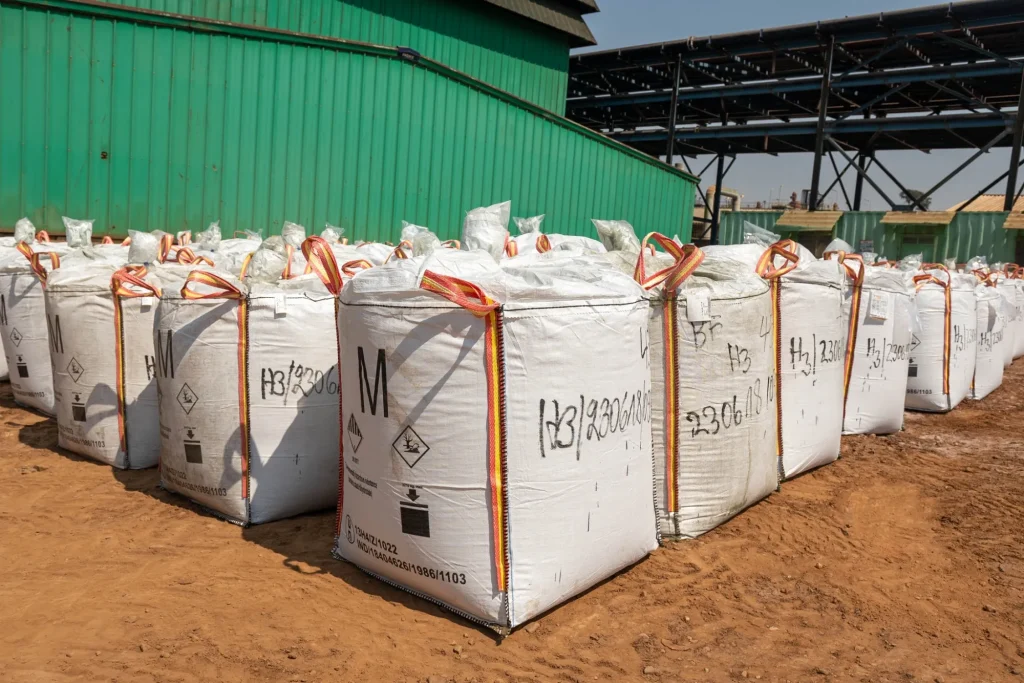The Democratic Republic of Congo (DRC), the world’s leading cobalt producer, has introduced a temporary ban on cobalt exports in an attempt to halt the dramatic drop in prices. The government’s four-month suspension of cobalt exports, which are essential for electric vehicle batteries, is aimed at stabilising the market during an oversupply of the mineral globally.
The DRC accounted for 76 percent of global cobalt production in 2024, according to the US Geological Survey, but prices have plummeted by 75 percent over the past three years, reaching their lowest point in eight years.
Robert Searle, an analyst at Fastmarkets, warned that the ban could pose significant risks, especially considering the billions of dollars that Chinese companies have invested in the DRC’s mining sector. He explained that the uncertainty caused by the ban could deter future investment and, in the long term, might encourage the development of cobalt-free or lower-cobalt batteries.
The export ban has already had some effect, causing cobalt prices, particularly in China, to rise. However, experts warn that Chinese companies, despite having stocks, may not have enough cobalt to sustain operations over the next four months. Without a viable alternative supplier, prices could increase dramatically by the second quarter of 2025.

The surplus of cobalt in the market has largely been driven by a boost in supply from the DRC, particularly from Chinese company CMOC, which operates two of the world’s largest cobalt mines in the country. Analysts note that the increase in copper extraction, driven by high copper prices, has also contributed to the oversupply, as cobalt is often a by-product of copper mining.
The DRC is rich in mineral resources, yet nearly three-quarters of its population lives on less than $2.15 a day. Despite this, the mining sector accounts for more than 70 percent of the country’s economic growth. However, the sector is riddled with corruption, criminal networks, and smuggling, particularly in the aftermath of renewed conflict in the eastern regions of North and South Kivu.
While cobalt is mainly extracted from mines in the relatively peaceful southeastern Katanga province, its supply chain is marred by organised crime. According to Oluwole Ojewale, a researcher at Enact, illegal mining, smuggling, and collaboration between criminal gangs and state actors are significant challenges in the industry.
To address these issues, the Congolese government created ARECOMS in 2019 to regulate artisanal mining, including banning child labour and conducting environmental studies. However, rights groups continue to condemn the ongoing dangerous working conditions, particularly in artisanal cobalt mines.
In 2019, the government granted state-owned company EGC a monopoly over the sale of cobalt mined through both artisanal and semi-industrial methods. This monopoly was extended in February 2024, although enforcement has been ineffective due to the state’s limited capacity to regulate the sector. Experts estimate that artisanal mining now accounts for just 3 to 5 percent of total cobalt production in the DRC, suggesting that it is not the primary cause of the current oversupply.


